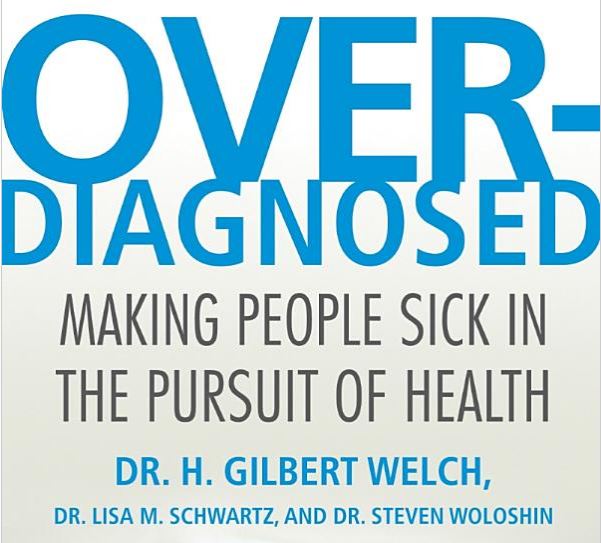Results for: cancer screening
Parasites
I saw a patient recently for parasites. I get a sinking feeling when I see that diagnosis on the schedule, as it rarely means a real parasite. The great Pacific NW is mostly parasite free, so either it is a traveler or someone with delusions of parasitism. The latter comes in two forms: the classic form and Morgellons. Neither are likely to...
What does a new drug cost?
Despite the variety of health systems across hundreds of different countries, one feature is near-universal: We all depend on private industry to commercialize and market drug products. And because drugs are such an integral part of our health care system, that industry is generally heavily regulated. Yet despite this regulation, little is publicly known about drug development costs. But aggregate research and...
The benefits and risks of folic acid supplementation
Could a vitamin with proven benefits in one group cause harm to another? That’s the growing concern with folic acid, the vitamin that dramatically reduces the risk of neural tube birth defects such a spina bifida. Studies designed to explore the possible benefits of folic acid for heart disease, stroke and cancer are giving out some worrying signs: At best, folic acid...
Herbal Remedies, Street Drugs, and Pharmacology
David Kroll’s recent article on thunder god vine is a great example of what can be learned by using science to study plants identified by herbalists as therapeutic. The herbalists’ arsenal can be a rich source of potential knowledge. But Kroll’s article is also a reminder that blindly trusting herbalists’ recommendations for treatment can be risky. Herbal medicine has always fascinated me....
Deadly Indeed
There are sources of information I inclined to accept with minimal questioning. I do not have time to examine everything in excruciating detail, and like most people, use intellectual short cuts to get through the day. If it comes from Clinical Infectious Diseases or the NEJM, I am inclined to accept the conclusions without a great deal of analysis, especially for non-infectious...

Overdiagnosis
Dr. H. Gilbert Welch has written a new book Over-diagnosed: Making People Sick in the Pursuit of Health, with co-authors Lisa Schwartz and Steven Woloshin. It identifies a serious problem, debunks medical misconceptions and contains words of wisdom. We are healthier, but we are increasingly being told we are sick. We are labeled with diagnoses that may not mean anything to our health....
Breast implants and anaplastic large cell lymphoma (ALCL): Is there a link?
I must admit that I have a bit of a love-hate relationship with breast implants. On the one hand, as a breast cancer surgeon, I see them as a major benefit to my patients who are unfortunate enough to require mastectomy in order to control their disease. The armamentarium of techniques for reconstructing breasts after mastectomy generally falls into one of two...
Molecular breast imaging (MBI): A promising technology oversold in a TED Talk?
Occasionally, there are topics that our readers want — nay, demand — that I cover. This next topic, it turns out, is one of them. It’s a link to a TED Talk. I’m guessing that most of our readers have either viewed (or at least heard of) TED talks. Typically, they are 20-minute talks, with few or no slides, by various experts...
The Meaning of Secondary Prevention
A November letter to the editor in American Family Physician chastises that publication for misusing the term “secondary prevention,” even using it in the title of an article that was actually about tertiary prevention. I am guilty of the same sin. I had been influenced by simplistic explanations that distinguished only two kinds of prevention: primary and secondary. I thought primary prevention...

